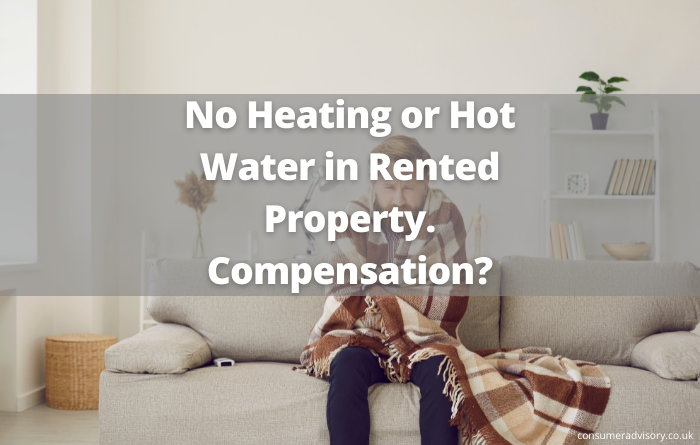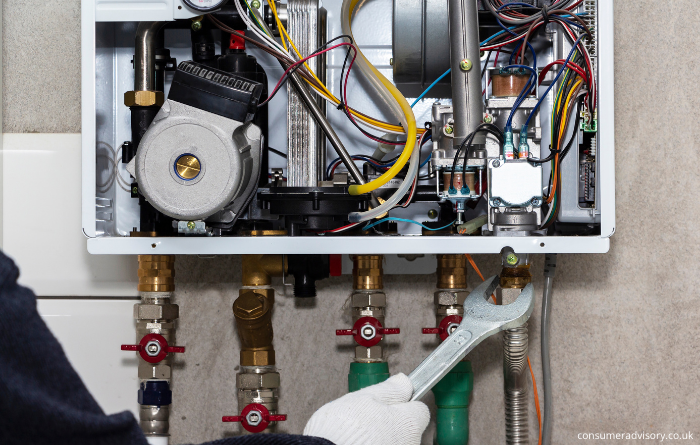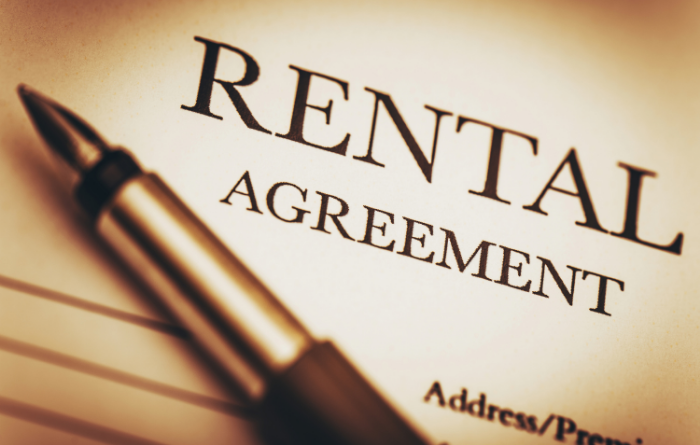
If your rented property does not have heating or hot water, you could be entitled to compensation from your landlord. The amount of compensation you receive will depend on the severity of the situation
You can claim for a number of things, including loss of earnings, additional costs, and damage to belongings. It is important to keep records of everything related to the situation, including letters and emails from your landlord.
Landlords are legally obliged to provide heating and hot water in rented properties. If you’re not happy with the response from your landlord, you can take legal action. There are several ways to go about claiming compensation, including contacting your local council or using a specialist solicitor. It’s important to act quickly if you’re without heating or hot water, as the longer you wait, the harder it will be to get reimbursed.
If a landlord cannot contact you and is not cooperative in completing repairs, you can contact a local government office for advice on what to do. The Environmental Health Department will send you a maintenance report to the property manager. It will require them to make necessary repairs until their property has met minimum standards for a legal lease. According to the latest law, landlords can evict tenants within six months of receipt of the improvement notification. Whenever the property owner refuses to pay repairs, the council will make repairs and then impose compensation for this.

In the Landlord and Tenant Act of 1985, the landlord is responsible for all of the following: Landlords must be responsible in order to make significant repairs and maintain the property. There might be some provisions in your lease agreement that say the chimney and flue are yours. Read it very carefully and see what will be expected. There is no responsibility for any damage or damage. The tenant will expect regular maintenance. It applies to any property that does not require the use of heating or hot water unless there is a breach by a person.

Websites: Tell me the best way to turn the heater on if the water stops working or not? No parts in this manual. How do tenants get legal advice on heating and air conditioning problems and what should they be concerned about? In this graph, heating and hot water are not included. This means the risk incurred by insurers is small. However, this is nothing to suggest it doesn’t exist in rental properties. Your landlord must maintain your heating system and repairs it.
The boiler and heating system needs repairs and compensation if faulty heating systems are damaged and the boiler is a problem. It will be up to tenants to do minor maintenance. Examples include ripping radiator pipes in an electrically powered central heating system. However, if the problem occurs during major maintenance or repairs the tenant should notify the property manager promptly. Legal Experts can assist in recovering damages from heating systems.
According to the 1985 Landland and Tenants Act, the tenant must have failed to maintain or repair the heating system in their home. The Landlord has a duty of care and therefore a serious breach of the landlord’s responsibilities.
The law says that your landlord is liable for the following under the Landlord and Tenant Act (1985):

Landlords cannot avoid their legal obligations to do major repairs and maintenance. There may be a clause in the tenancy agreement that states flues are yours, but make sure you read it thoroughly before taking on this responsibility! You should also know what daily tasks include since they’re expected by tenants as well.
This law includes the following facilities and equipment in your property:
The lack of heating in your home is a serious concern, especially during cold weather. frozen pipes and other damages can happen without a proper heat source to keep the house at an appropriate temperature level for living conditions which could lead up to injury or even death if not dealt with immediately.
It’s important for landlords to ensure that their tenants have access to hot water when necessary. If a landlord neglects this duty, they could be faced with legal consequences and will likely lose the right of residence in most cases! Regardless of whether a landlord acts negligently or not they should have enough of a moral compass to ensure their property is kept in proper working order in the very least!
Landlords need to react faster to problems with the heating or hot water supply that with general disrepair especially when this affects families with small children. Keeping things in proper working order is essential to being a good private landlord and should be a part of the landlord’s responsibility.
First things first don’t stop your rent payment, as this can result in rent arrears and gives your landlord restitution. Instead, make sure to call your landlord and ask for help to resolve the problem. If not you should contact the local government’s housing ombudsman to see if there is a way to make a settlement with the owner of the property – i.e. If they can’t, you must prove the damage, take pictures of any damage and retain evidence of a letter you wrote to the landlord in order to prove a claim that they may have to make.
There is no set time limit as to how long a tenant can be without hot water and heating. It will depend on the situation and the severity of the problem. However, it is important to take action as soon as possible to resolve the issue. The longer it takes to resolve the issue, the more damage that can be caused. If you are unsure of what to do, it is important to seek legal advice so that you can take the appropriate action. They will guide you on the landlords responsibilities and what they should be doing in a timely manner.
Tenants should also be aware that they may be entitled to compensation if they have been without hot water and heating for an extended period of time. This is something that should be discussed with a legal expert so that you can determine if you are entitled to compensation. The claims process can be discussed related to your particular case and what is required by yourself to prove the landlord has failed to carry out the repair work in a reasonable timeframe.
If you have suffered financial loss, inconvenience or upset as a result of no hot water, you may be able to claim compensation. This is something that should be discussed with a legal expert so that you can determine if you are entitled to compensation.
No one deserves to go without heating or hot water in their home. If you find yourself in this situation, it is important to take action so that you can resolve the issue and get your life back to normal. With the help of a legal expert, you can ensure that you are taking the appropriate action and that you are getting the compensation you deserve.
Copyright © 2025 Consumer Advisory. All rights reserved.